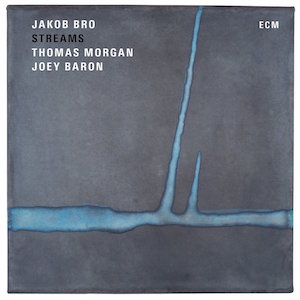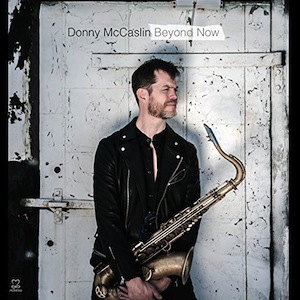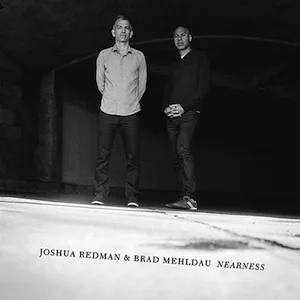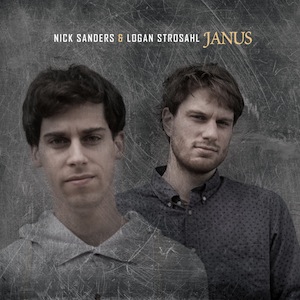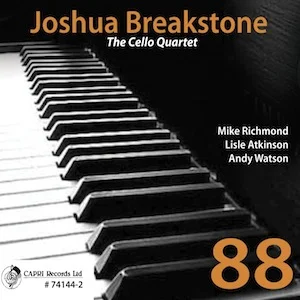Will Bernard: guitar; John Ellis: saxophone; Brian Charette: organ; Ben Allison: bass; Allison Miller: drums.
The new material designed by the Brooklyn-based jazz guitarist Will Bernard, a Grammy-award nominated (with Party Hats in 2007), was built up with the esteemed contribution of reliable musicians.
The stylistic openness evinced by Bernard along his career allowed him to work in such a different projects with names like Tom Waits, Jai Uttal, Dr. Lonnie Smith, Charlie Hunter, and Peter Apfelbaum.
Both these experiences, together with his very own personal touch and vision, brought positive effects to his ninth album, Out & About, a solid effort that precisely reveals his broad range of expression.
Nothing better to start than a wha-wha guitar, saturated with soul and funk elements, laid out on a cheerful bass-drums groove. This is what happens in “Happy Belated”, the first track of the album that features fulgurant improvisations by Bernard and Ellis. This pair of ramblers is in evidence again in “Next Guest”, an avant-garde settlement whose head relies on a strong motivic figure.
Rich in tempo variations, “Habenera” changes the mood completely, becoming harmonically oriented by Charette’s organ and perceptively accentuated by the adroit rhythm section.
Typical jazz idioms return in “Redwoods”, an up-tempo, elated tune where all the performers have the opportunity to expand their personal creativity, as well as in “Homeward Bound”, a tune infused with a cool rock atmosphere, and “Homebody”, a sneaky creation of pacific contours.
“Suggested Reading”, a volatile and vagrant ramble ideally conceived for Bernard’s uncompromising explorations, also showcases Ben Allison’s soloing expertise, while “Full Sweep” suggests a Latin feel swept by Ellis’ spontaneity. The album finishes with the elegant title track, holder of a tango-ish sparkle and beautiful melody, but only after “Pan Seared”, a sensitive ballad adorned with Miller’s concise brushwork.
Uncomplicated, agreeable, and passionate, are three adjectives that, applied simultaneously, better define Out & About.
Grade A-
Favorite Tracks:
03 – Next Guest ► 04 – Habenera ► 11 – Out & About



